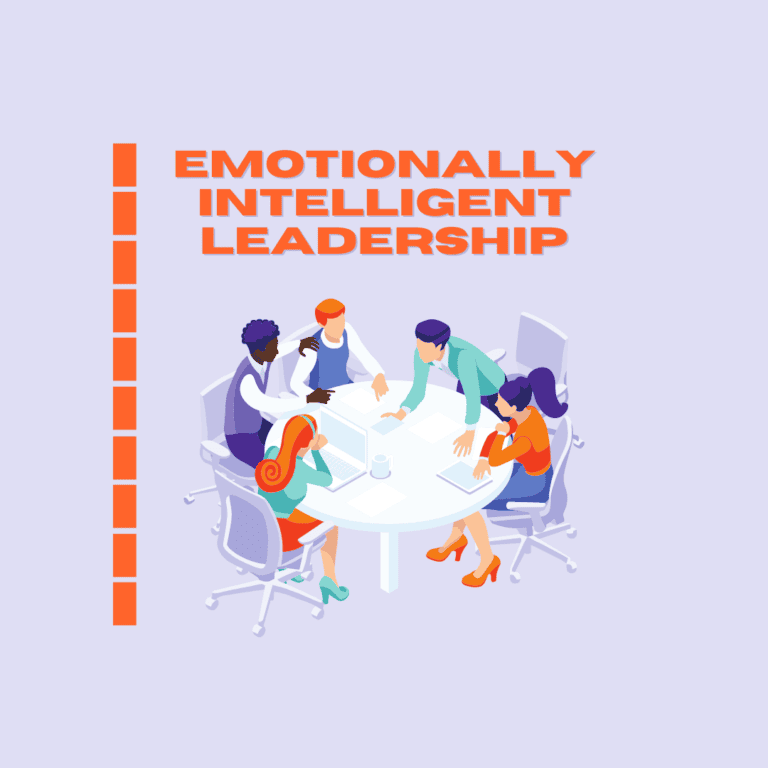What Is Verbal Communication?
Imagine a world without words, where silence reigns and communication is reduced to mere gestures and expressions.
Verbal communication serves as the lifeblood of human interaction, flowing effortlessly through conversations, speeches, and everyday dialogue.
But what exactly is verbal communication? How does it shape our understanding of one another?
In this discussion, we will uncover the essence of this fundamental form of expression, exploring its definition, importance, and the various elements that make it so powerful.
So, prepare to unravel the secrets of verbal communication and discover its profound impact on our lives.
Key Takeaways
- Verbal communication is the act of conveying information or expressing ideas through spoken words.
- It is crucial in both personal and professional settings, fostering understanding, trust, and collaboration.
- Effective verbal communication involves not only the choice of words, but also the tone of voice and active listening.
- Improving verbal communication skills can be done through practicing active listening, developing public speaking abilities, and using body language effectively.
Definition of Verbal Communication
Verbal communication is the act of conveying information or expressing ideas through spoken words. It's an essential form of communication that allows us to exchange thoughts, feelings, and opinions with others. While non-verbal communication, such as body language and facial expressions, also play a crucial role in effective communication, verbal communication remains the primary means of expressing our thoughts and ideas.
Through verbal communication, we can articulate our needs, share knowledge, and engage in meaningful conversations. It enables us to connect with others on a deeper level, fostering understanding and building relationships. Effective verbal communication involves not only the words we choose but also the tone, volume, and clarity of our speech. It requires active listening and the ability to convey our message accurately.
Importance of Verbal Communication
Effective verbal communication is crucial in both personal and professional settings for establishing connections and conveying information accurately. The importance of verbal communication can't be overstated. It's the primary means by which individuals exchange ideas, express emotions, and build relationships.
In personal relationships, effective verbal communication fosters understanding, trust, and intimacy. It allows individuals to articulate their needs, express their feelings, and resolve conflicts.
In professional settings, effective verbal communication is essential for successful collaboration, teamwork, and problem-solving. It enables individuals to convey instructions, share ideas, and provide feedback. The benefits of effective verbal communication include improved productivity, enhanced relationships, and increased job satisfaction.
Elements of Verbal Communication
Now let's explore the key components that make up effective verbal communication. To ensure successful communication, it's important to pay attention to both verbal and nonverbal cues.
Here are three essential elements to consider:
- Words: The choice of words and their clarity play a crucial role in conveying your message accurately. Using appropriate language and avoiding jargon can help ensure that your message is easily understood.
- Tone of voice: How you say something is just as important as what you say. The tone of your voice can convey emotions and attitudes, influencing the overall message. Be mindful of your tone to avoid misunderstandings.
- Effective listening: Communication is a two-way street, and effective listening is essential. Actively listen to understand the speaker's message, paying attention to both verbal and nonverbal cues. Avoid interrupting and provide feedback to show your engagement.
Types of Verbal Communication
There are various forms of verbal communication that play a crucial role in exchanging information and ideas. One important type is effective listening, which involves actively paying attention to the speaker and understanding their message. It requires focusing on the speaker's words, tone, and emotions to fully comprehend their meaning.
Another aspect of verbal communication is the use of nonverbal cues. These include facial expressions, body language, and gestures that enhance the understanding of the spoken words. Nonverbal cues can convey emotions, attitudes, and intentions, providing additional context to the message being communicated.
Improving Verbal Communication Skills
To improve your verbal communication skills, focus on actively engaging in conversations and being attentive to both verbal and nonverbal cues. Here are some tips to help you enhance your skills:
- Practice active listening: Pay attention to what the other person is saying and show that you're fully engaged by nodding, maintaining eye contact, and asking relevant questions.
- Develop your public speaking abilities: Join a public speaking club or take a course to build confidence and improve your presentation skills.
- Use body language effectively: Be aware of your own body language and use it to convey your message more effectively. Stand tall, maintain an open posture, and use appropriate gestures.
Conclusion
So there you have it, verbal communication is the foundation of human interaction. It involves the use of spoken words to convey messages, ideas, and emotions. Its importance can't be overstated, as effective verbal communication is essential for building relationships, resolving conflicts, and achieving success in various aspects of life.
By understanding the elements and types of verbal communication, and continuously working on improving our skills, we can become better communicators and connect with others on a deeper level. Remember, the power of words is immense, so choose them wisely and speak with intention.







